
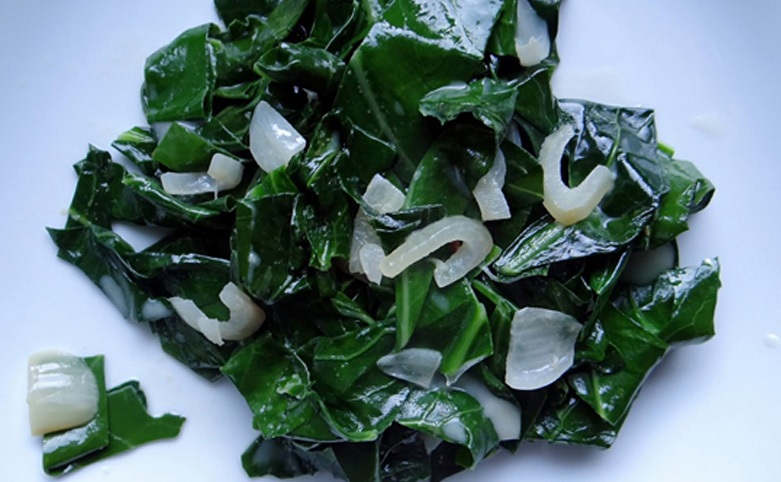
Ingredients:
- ½ cup coconut milk (either homemade or additive-free)
- 1 large bunch collards (de-stemmed and chopped)
- 4 shallots (sliced thinly)
- 1 Tbsp. coconut oil
- sea salt
Directions:
- Prepare coconut milk, collards and shallots in advance.
- Melt coconut oil in large skillet over medium heat. Once pan is hot, add shallots and saute 3 minutes.
- Add collards, sprinkle generously with salt, cover skillet, and cook another 3 minutes.
- Remove cover, add coconut milk, stir to blend, and cook uncovered 5 more minutes.
- Serve!
Recipe by: Michael Pollan
The healing properties of collards!
Antioxidants: When our cells turn food into energy, a byproduct is the creation of free radicals. They’re missing an electron, so they look for one in a nearby molecule and steal it. The result is that molecule turns into a free radical, and you have a chain reaction that if left unchecked can damage every cell in our bodies. Thankfully, if we eat the right food, we also get antioxidants. They stabilize free radicals by donating an electron. Antioxidants are unique because they stay stable with or without that electron; they don’t become free radicals themselves. Think of them like circulating generosity in our bodies, giving what’s needed, where it’s needed. We definitely want more of them, and collards contain them in abundance: vitamins A, C, E, Manganese and a variety of phytonutrients.
Detoxification: The sulfur-rich vegetables are known for supporting the bodies’ natural detoxification pathways, and collards are no exception, helping to activate detox enzymes and regulate their activity.
Anti-Inflammatory: High in vitamin K and the omega 3 fatty acid ALA, collards also help control inflammation in our bodies, which benefits our health on every level.
Digestive Support: Collards support our digestion in two unique ways: they help our body clear and refresh our bile supply, which aids the digestion of dietary fats. They also contain a compound called glucoraphanin that protects our stomach lining from h. pylori overgrowth (a bacteria linked to ulcers).
A Good Source of Calcium: If you’re dairy-intolerant, it’s important to find other sources of calcium in the diet. Greens are a great choice and collards top the list.
Thanksgiving Bread Rolls Autoimmune Protocol, Paleo, Keto, Nut Free https://healingautoimmune.com/aip-bread-rolls-recipe add this note to the recipe Because this recipe uses a gelatin egg instead of a regular egg to hold the coconut flour together, you will find that it has a different texture to the regular bread. The coconut flour also makes the bread a bit denser and drier, so enjoy it with some extra coconut oil or with some ghee (if you’re ok with ghee in your diet).
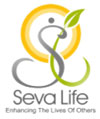
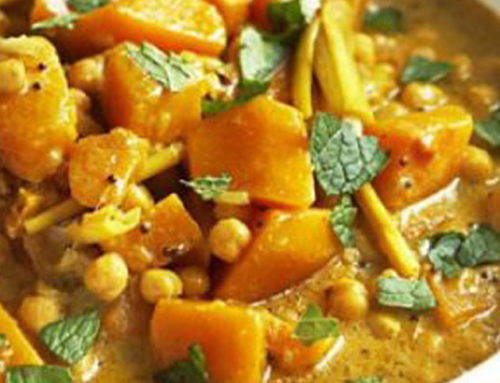
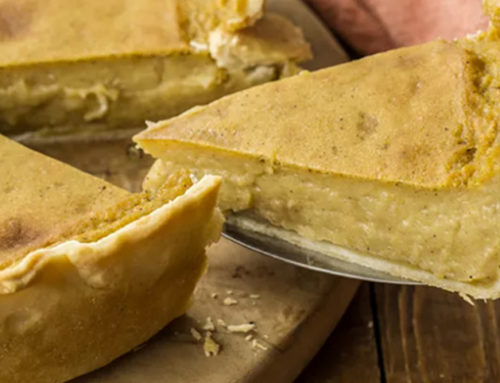
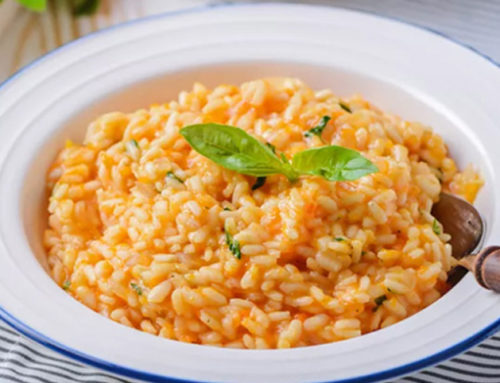
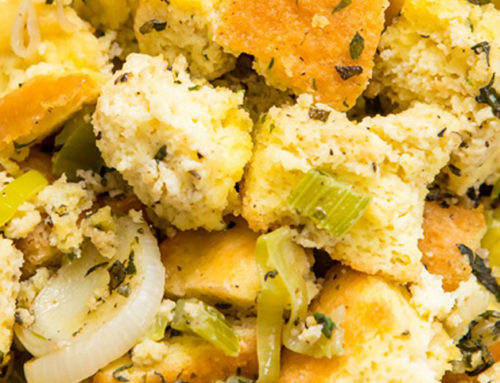
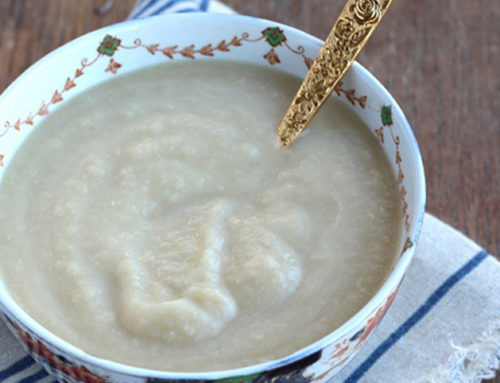
Leave A Comment